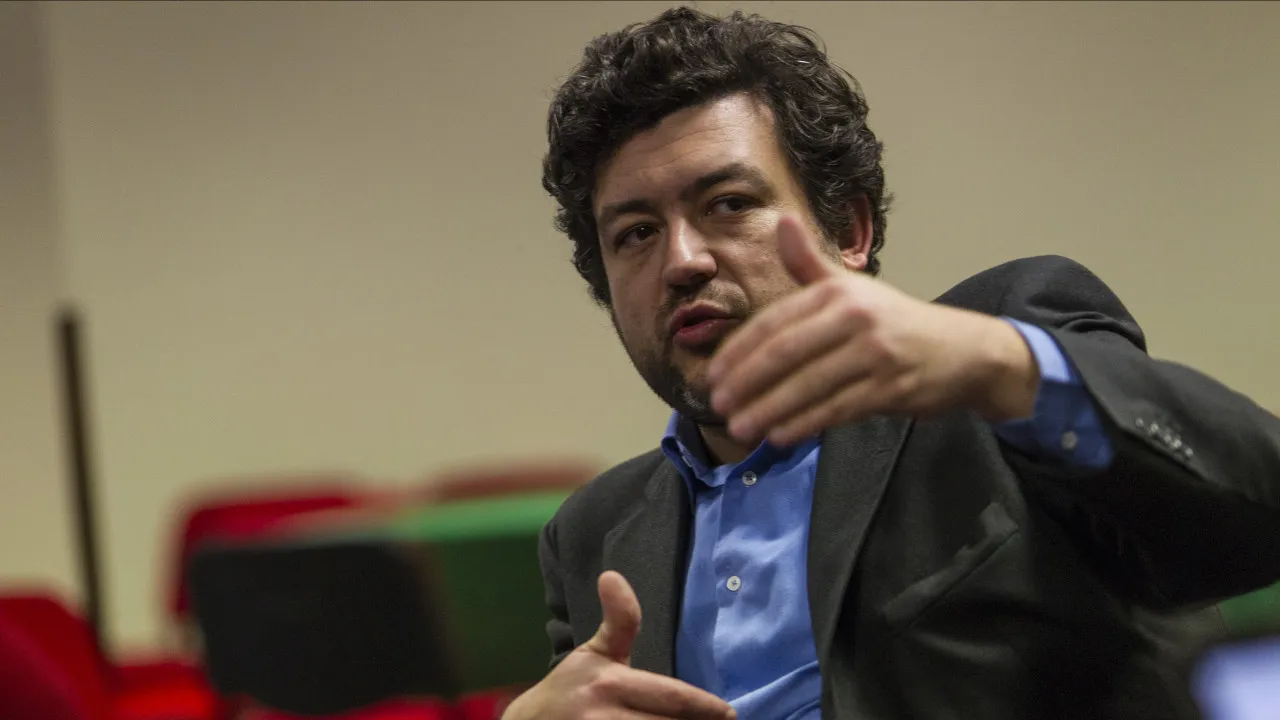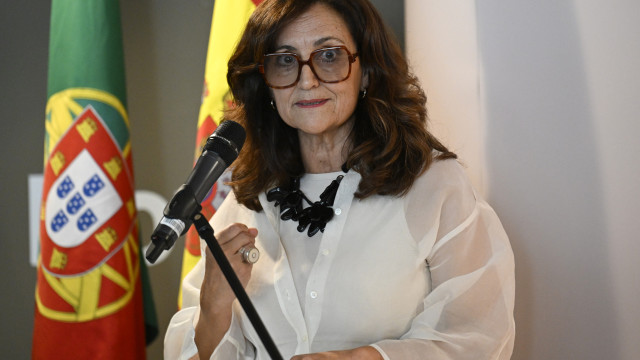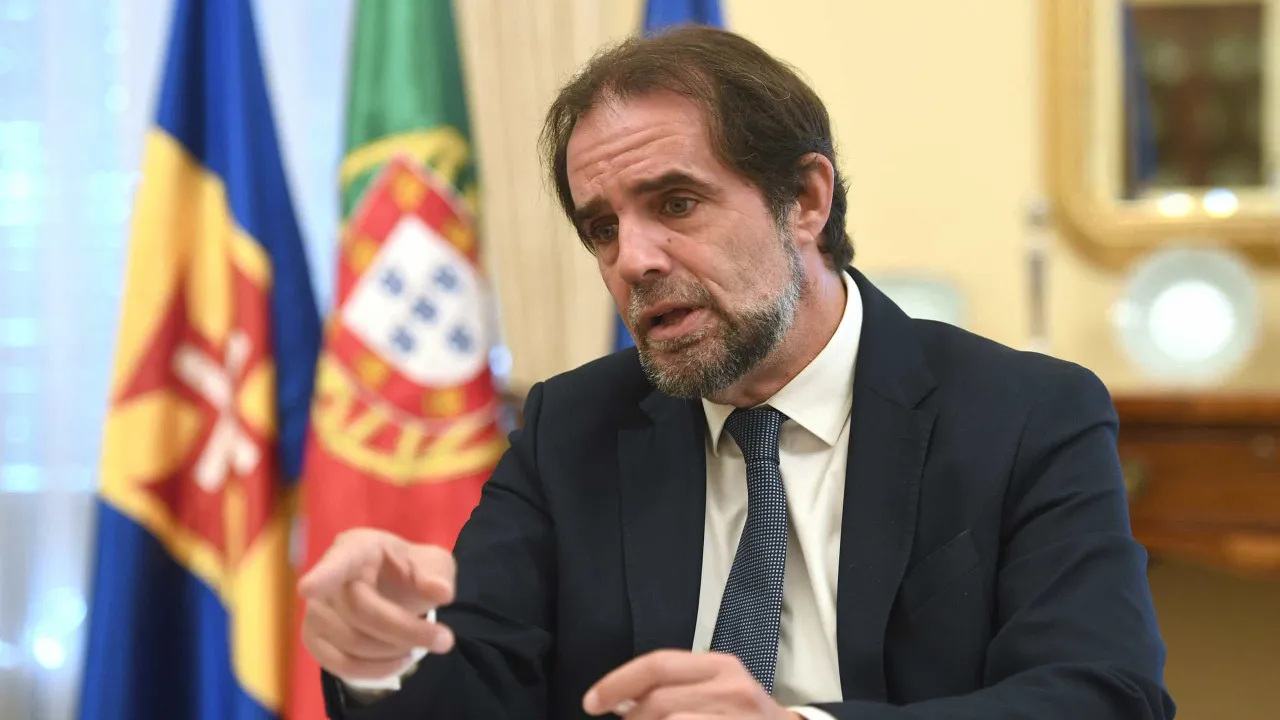
The left-wing parliamentary parties today accused the Government of presenting a proposal to revise the nationality law with unconstitutional points, alleging it seeks to create an artificial problem and is not based on objective data.
These views were countered by interventions from the right-wing parties, who attributed the introduction of “ease”—or specifically by Chega, “bulk selling” and “disorder”—in the granting of nationality through naturalization to socialist executives.
During the debate on the Government’s proposal to revise the nationality law, Socialist leader Pedro Delgado Alves delivered the most forceful intervention.
“The loss of nationality proposed by the Government is disproportionate. It creates two categories of citizens: those in a trial period and others with full rights.”
According to the deputy of the Socialist Parliamentary Group, the Government’s bill violates the Constitution regarding “retroactivity,” as it would prevent people who currently meet the requirements for nationality from being able to apply, violating the principle of trust protection.
Pedro Delgado Alves also pointed out a “disproportion of deadlines” inherent in the Government’s bill, suggesting it could breach Portugal’s conventional obligations, as the European Convention on Nationality dictates that individuals should not face discrimination based on origin in deadlines for acquiring nationality.
He then warned the Government: “Do not present a proposal that violates the Constitution, strive to do better, and certainly do not follow those who wish to end the Republic”—a remark directed at Chega.
Similarly, Mariana Mortágua (Bloco de Esquerda), Paula Santos (PCP), Inês de Sousa Real (PAN), and Paulo Muacho (Livre) spoke out about the unconstitutionality.
The Bloco de Esquerda coordinator described the Government’s stance as “cruelty” towards children born in Portugal who have never known another country but could be denied Portuguese nationality.
“Is this what you call integration? Attacking the children of those who came to work in Portugal is inhumane,” declared Mariana Mortágua.
The PCP’s parliamentary leader regarded it as an attempt at “civilizational regression,” particularly through establishing a paradigm of “first-class and second-class Portuguese.”
Paulo Muacho of Livre noted that in today’s debate, the Minister of the Presidency, António Leitão Amaro, used a Chega slogan—”For Portugal, for the Portuguese”—and commented that Prime Minister Luís Montenegro’s “no is no” to Chega is, after all, a soap bubble.
Conversely, former Secretary of State Paulo Lopes Marcelo from the PSD stressed that the nationality law is an essential tool for the country’s sovereignty, accusing the PS “and the extreme left” of instituting “simplistic and facilitating rules with consequences visible to everyone.”
Paulo Lopes Marcelo argued that acquiring nationality should require genuine adherence to community values and noted that Portugal currently hosts around 1.5 million immigrants, necessitating “prudence” in nationality granting criteria.
Earlier, CDS parliamentary leader Paulo Núncio emphasized that his party has advocated for revising the nationality law “for 20 years.”
“The CDS was right before its time,” asserted Paulo Núncio.
For Chega, Cristina Rodrigues accused the PS governments of having “sold nationality wholesale” and emphasized her party’s principle that obtaining nationality “is a privilege and a responsibility,” requiring, among other attributes, knowledge of the Portuguese language.
Former Liberal Initiative leader Rui Rocha globally agreed with the Government’s bills.
“In recent years, concerning immigration, there has been a lack of control, particularly due to adopting the interest manifestation regime,” he added.




